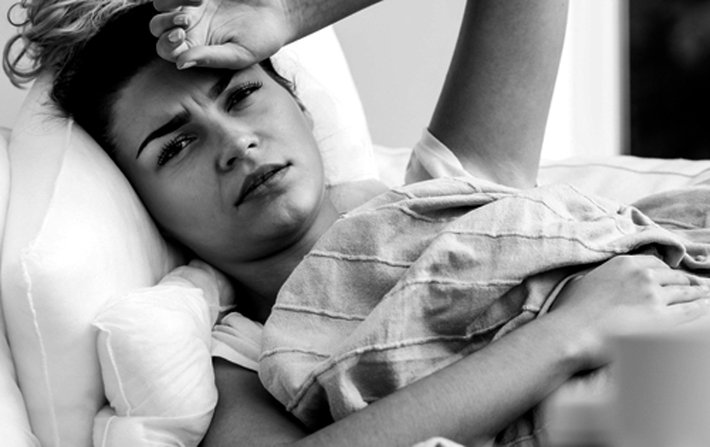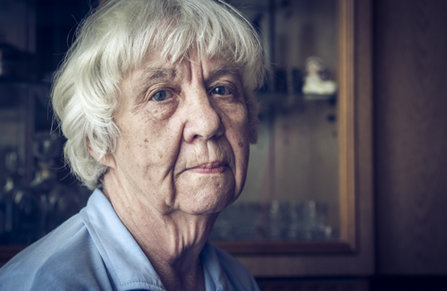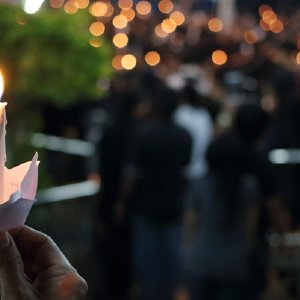Raw Intervention

15 hours to my final destination. Honestly, it felt more like days had passed instead of the few hours that went by while I was unconscious on the frigid airplane.
What time was it? Every day seemed like I was in a dream state of mind, unsure what I was doing or what my end goal is. Why had I come to Pittsburgh? Once I finally stepped through the doors of my grandparent’s home, I was suddenly at ease. It had been close to three years since I'd last seen them. The week leading up to me calling them for money had been a blur in more ways than one. I am not even sure how many days I was there before it was obvious, even to myself, that I was withdrawing. I had never been clean since I started using drugs, so I didn’t put too much thought into it.
As I lay in bed sound asleep, I faintly heard my grandmother's voice. “Time to get up.” Moving from the bed was the last thing I intended on doing. Reluctantly, I opened my eyes. She was next to me and told me she had a drug screen she wanted me to take. Reality began to kick in. I began recounting the days prior. Still unsure how many days it has been, I believe it’s been long enough for the drugs to be out of my system. I pump myself up, drink some Gatorade and slowly walk to the bathroom with my grandma. Once I’m done, I escape to bed again.

It feels like hours passed and my grandma is back. Man, is she relentless. She looks forlorn and tells me I need to get up. Concern and worry are written all over her face and my grandfather’s face. I’ve put two and two together; my urine test was positive. Not much is said until the next morning. Grandma is at it again, waking me up but this time to “talk to a counselor so she and my grandfather can understand what I am going through.”
I know there is more to the story, but I decide to humor them. Five minutes in and I can tell where it is going and it’s me getting hauled off to rehab. I begin screaming and spouting empty threats in an attempt to manipulate my way out of it. It didn’t help that they took away every out I had till I was left with no option but to go with the interventionist they hired. On top of everything else, I watched how my behavior was breaking down my family.
For so long I convinced myself I was not an addict. I didn’t need help and everyone around me was outright crazy for thinking I had a problem. Looking back on certain incidents now, I wonder what blurred my reality to the point I gave up on my own sanity. I resented my grandparents for sending me to rehab and my parents for not allowing me to manipulate myself out of the mistakes I had created. I came to realize I was in dire need of the help they were offering.
“What do I do if they don’t want to help themselves?” I can’t even begin to explain how often those words are asked. I work in a rewarding yet sometimes tragic place. A few days ago was the last time I heard that question and thought about it. If it wasn’t for my family continuing to encourage me to get the help I desperately needed, I’m sure I would be dead by now. At the same time, they didn’t allow me to run the same games I always did. They knew what I would do, how I would try to manipulate the situation for my own benefit and attempt to sweet talk my way out of it. Together my family orchestrated a plan that had to work and I know they put all their hope into that plan. They got me into a program and out of a deadly situation without enabling me to continue on the same path or worse.
The answer to the question of what to do when someone doesn’t want to help themselves—my answer is simple: Learn the difference between enabling and helping. There are options; interventions being one which is known but often misunderstood. As much as I owe my sobriety and my decision to get treatment to my grandparents and parents, I also owe it to the man who showed me he cared for me without knowing me and who didn’t look at me differently no matter what terrible things I’d done. He wouldn’t allow me to give up and was there for my family when they were beginning to give up hope of me going into rehab.
If someone had asked me if I wanted help prior to doing the Narconon program, I would have told them they were crazy. It took some push, but without that push, I fear I would be dead now. Most addicts don’t want the help they desperately need but it doesn’t mean they don’t need it or they can’t be helped given the right help. Don’t give up hope, get you or your loved one the help they need to live a drug-free, happy life.


